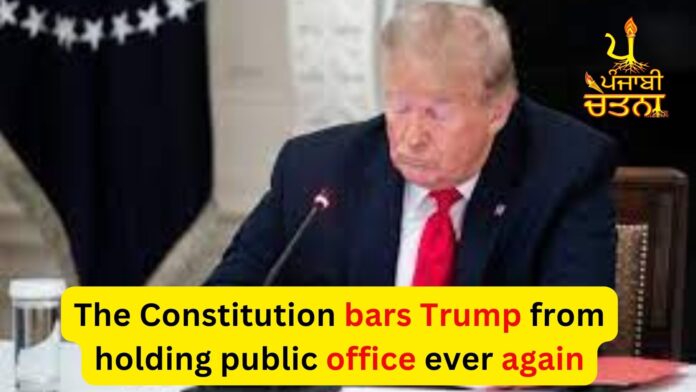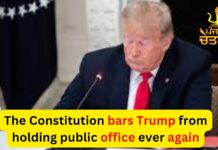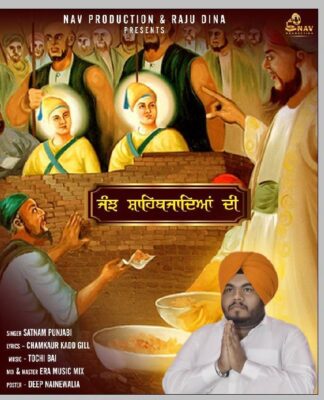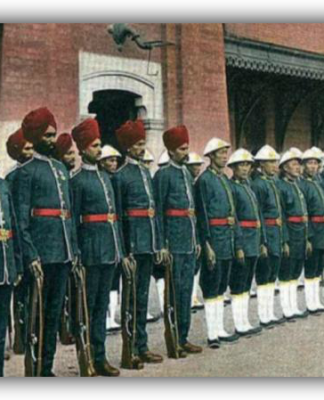Breaking News: Donald Trump’s Eligibility to Run for President Again Questioned
Donald Trump’s legal team initially requested to transfer a lawsuit challenging his eligibility to run for president again to federal court. The lawsuit was filed by the organization known as CREW (Citizens for Responsibility and Ethics in Washington), seeking to remove Trump from the 2024 presidential ballot in Colorado. However, they later withdrew their request.
CREW’s lawsuit, one among several filed across the country, was brought on behalf of current and foreign government officials in Colorado. In a press release, CREW President Noah Bookbinder underscored the significance of upholding the Constitution and preventing individuals who attacked the democratic system from assuming positions of power.
Subsequently, Trump’s legal team filed a motion to transfer the case to federal court, citing constitutional issues related to the 14th Amendment. They argued that every effort to bar Trump from running for president relied on the application of this amendment. However, they later acknowledged their lack of standing to move the case to federal court and did not oppose its return to state court.
The notion that the 14th Amendment could render Trump ineligible for the presidential ballot gained attention following the publication of a paper by conservative law professors William Baude and Michael Stokes Paulsen titled “The Sweep and Force of Section Three.” The paper argues that Section Three of the 14th Amendment, which was formulated after the Civil War, remains relevant today and applies to Trump’s attempts to overturn the 2020 presidential election.
Baude asserted that Trump could not hold or run for the presidency unless granted amnesty by a two-thirds majority in Congress for his actions on January 6. Former judge Michael Luttig commented on the matter in an interview on MSNBC’s Velshi, stating that the question of Section Three’s applicability would likely be decided by the U.S. Supreme Court.
Given the implications for the interpretation of the Constitution, the resolution of this case bears immense significance. It is expected that the Supreme Court will render a decision on this matter before the commencement of the first primaries in the upcoming presidential election.




































